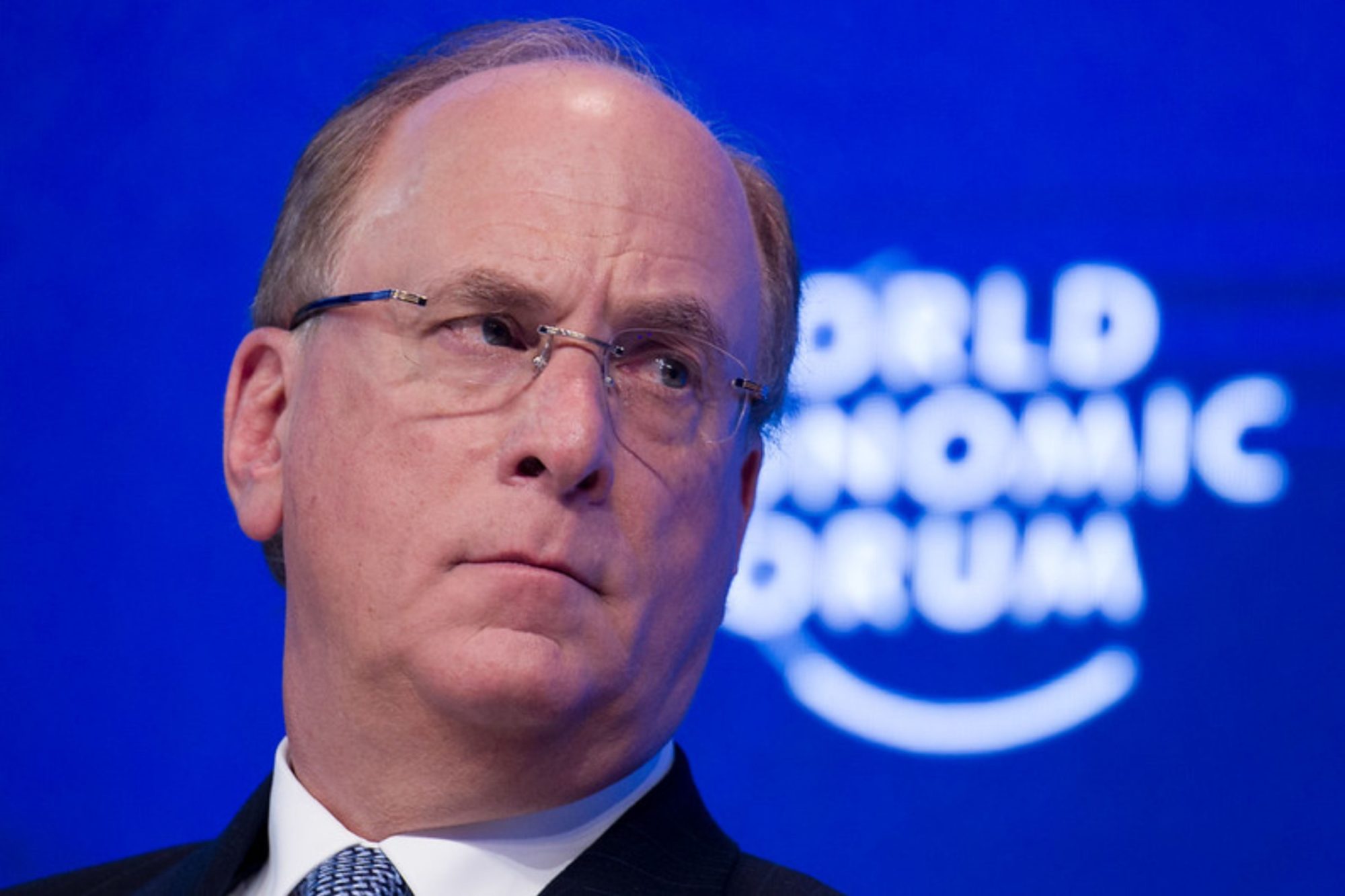New Research Shows ‘Virtue Rhetoric’ brings unexpected challenges for corporate leadership
Q1 2021 hedge fund letters, conferences and more
Hypocrisy may carry a greater price than silence.
The Impact Of The Virtue Rhetoric On Investors
AUBURN, Ala. — Recently published research in the Journal of Management entitled “Virtue Rhetoric in Investor Communications: Setting Up for a Letdown?,” co-authored by Miles Zachary, Assistant Professor in the Department of Management at Auburn University’s Harbert College of Business and Brian Connelly, Luck Eminent Scholar at the college, examined 12 years’ worth of shareholder letters, instances of misconduct and financial information from S&P 500 firms to see what effect, if any, “virtue rhetoric” had on investor behavior. This paper identifies risks facing corporations and their leaders as they take public stances on high-profile political and cultural issues.
To analyze the financial impact of “virtue rhetoric,” the researchers compiled a data set of half a million articles about unethical corporate behavior, including accounts of anticompetitive practices, corruption, and outright fraud, among others. They then compiled a parallel database of instances of “virtue rhetoric” in the investor communications of these firms – language and narratives that espouse a company’s ethical standards of behavior.
Reactions To Unethical Behavior
The researchers found that investor reactions to unethical behavior were increasingly negative as firms used more virtue rhetoric in prior communications. This finding flies in the face of much of the previous research and commentary on the subject, and calls into question top management’s natural inclination to espouse corporate values as an important signal to investors and the public.
One conclusion they draw from their research is that while top managers might be tempted to use virtue rhetoric as a means of securing reputational capital and positive investor sentiment, investors will punish them more harshly if they fail to meet higher stakeholder expectations for ethical behavior that matches their espoused positions than firms who don’t use such rhetoric. According to the authors, hypocrisy may carry a greater price than silence.
To set up an interview or to request more information, contact Ward Swift, Harbert College director of communications at [email protected]
Dr. Miles Zachary is Assistant Professor in Management at the Harbert College of Business. His research examines the social and cognitive aspects of organizations that affect strategic behavior, stakeholder relationships, and performance. Specifically, he is interested in how firms and stakeholders communicate with each other and how such communications affect independent and relational outcomes.
Dr. Brian Connelly is Luck Eminent Scholar in Management at the Harbert College of Business. His research explores how corporate governance structures, such as shareholders and boards, affect competition and strategic outcomes. He is Editor of the Journal of Management and former Associate Editor at the Academy of Management Journal.
About the Harbert College of Business
The Harbert College of Business is a nationally ranked hub of undergraduate, graduate, and continuing business education that is inspiring the next generation of business leaders. Our world-class faculty deliver unparalleled academic rigor in the classroom, while our research-driven scholarship advances thought leadership and best practice in emerging business disciplines. Our alumni and industry partners actively engage our faculty and students to integrate business theory with practical experience and to instill the level of proficiency and integrity demanded by employers around the globe. https://harbert.auburn.edu/













